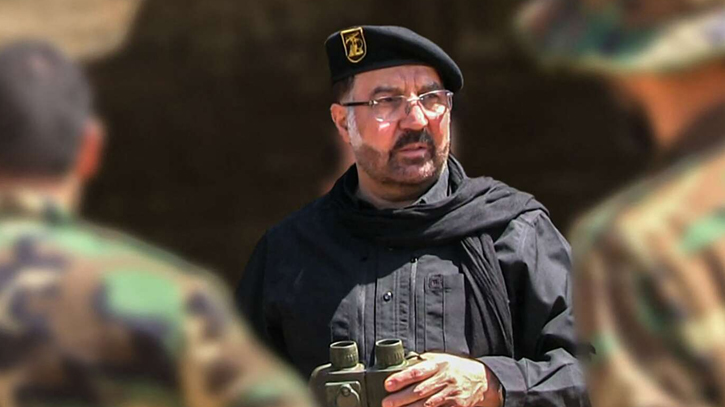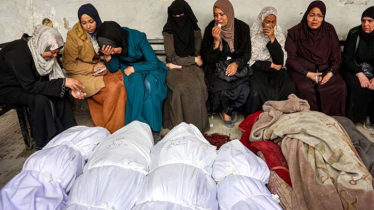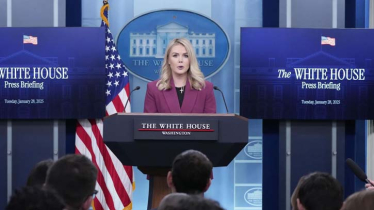
Photo: Collected
Hezbollah on Wednesday mourned its top commander Fuad Shukr, whose body was recovered from the rubble of an Israeli strike in south Beirut, as fears mounted of a wider conflict.
Shukr buried on Thursday and Hezbollah leader Hassan Nasrallah will speak at his funeral to outline the Iran-backed movement's position, the group said in a statement.
Shukr was "martyred on the road to Jerusalem", Hezbollah said, using a phrase referring to fighters killed by Israel, and described him as one of the "major symbols of the resistance" against Israel.
Tuesday's raid on the Beirut suburb, an overcrowded residential area and Hezbollah bastion, also killed five civilians -- three women and two children -- and injured dozens, according to Lebanon's health ministry.
Iran's IRNA news agency said Iranian military adviser Milad Bidi also died.
It was followed by another strike early on Wednesday in Tehran which killed Hezbollah ally Hamas's political leader Ismail Haniyeh, further stoking fears that the Gaza war could spill over.
UN Secretary-General Antonio Guterres denounced the two strikes as a "dangerous escalation at a moment in which all efforts should instead be leading to a ceasefire in Gaza".
Iranian foreign affairs spokesman Nasser Kanani said on X that the Beirut strike was a "criminal act" that deserved the strongest international condemnation. Israel "only adds to the global hatred... against itself and digs its own grave", he added.
And the United States said the strikes on Tehran and Beirut "don't help" regional tensions.
In Israel, Prime Minister Benjamin Netanyahu lauded the killing of Shukr, saying his country had "delivered crushing blows" to its enemies.
"We have settled our scores with Mohsen, and we will settle our scores with anyone who harms us," Netanyahu said, using Shukr's nom de guerre.
Israel blamed Shukr for carrying out a weekend rocket attack on the annexed Golan Heights that killed 12 children in a Druze Arab town.
"The killing of such a high-level commander is embarrassing for Hezbollah," said Lina Khatib, associate fellow and Middle East expert at Chatham House.
"Even if the actors involved do not intend for all-out war to break out, every escalation increases the risk of things spiralling out of control," she added.
On the streets of Beirut the mood was grim.
Emad, a bakery owner who only gave his first name, said he expected a "strong response" from Hezbollah.
"Israel will respond forcefully to this response, and the cycle will continue endlessly," he said.
Messenger/Disha








